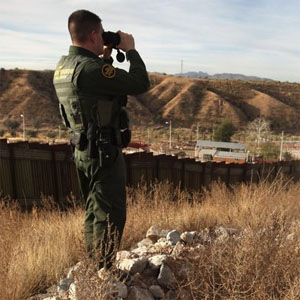I spent the five happiest years of my life in a morgue. As a forensic scientist in the Cleveland coroner’s office I analyzed gunshot residue on hands and clothing, hairs, fibers, paint, glass, DNA, blood and many other forms of trace evidence, as well as crime scenes. Now I'm a certified latent print examiner and CSI for a police department in Florida. I also write a series of forensic suspense novels, turning the day job into fiction. My books have been translated into six languages.
Send me your email address. If you don't want to post it here you can email me through my website: www.lisa-black@live.com.
Being 'on call' and knowing you can be interrupted at any moment of the day and have to go to a crime scene, even if it's the middle of the night or a holiday. I've also had to change vacations because I have to testify in a trial. I hate that.
I'm fairly sure that the high temperatures used in melting metal would destroy any DNA.
All the interesting, different, bizarre stories that make up the crimes that have happened that we have to investigate.
Border Patrol Agent
 Do you ever feel sorry for the illegals you catch trying to cross the border?
Do you ever feel sorry for the illegals you catch trying to cross the border?
Casting Director
 What do you look for when auditioning candidates for reality TV?
What do you look for when auditioning candidates for reality TV?
School Teacher
 How do you feel about the idea of year-round schooling?
How do you feel about the idea of year-round schooling?
I'm sorry, I really couldn't. You need to ask a pathologist. Best of luck!!
Okay, I emailed you.
A forensic scientist, forensic specialist, forensic technician can all be the same job or different jobs--your title is whatever your agency/boss says it is. There's no strict uniform code for titles. Usually any natural science is a good background for forensics. It may depend on whether you intend to work in a lab or on crime scenes. The best way is to look at job postings that interest you and see what the requirements are. You can view job postings on professional organizations' websites such as www.aafs.org or www.theiai.org. Good luck.
-OR-
 Login with Facebook
Login with Facebook (max 20 characters - letters, numbers, and underscores only. Note that your username is private, and you have the option to choose an alias when asking questions or hosting a Q&A.)
(A valid e-mail address is required. Your e-mail will not be shared with anyone.)
(min 5 characters)
By checking this box, you acknowledge that you have read and agree to Jobstr.com’s Terms and Privacy Policy.
-OR-
 Register with Facebook
Register with Facebook(Don't worry: you'll be able to choose an alias when asking questions or hosting a Q&A.)